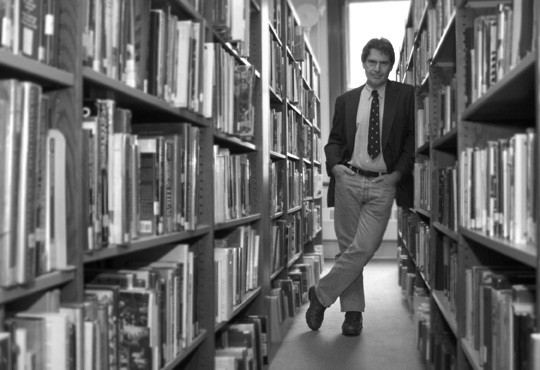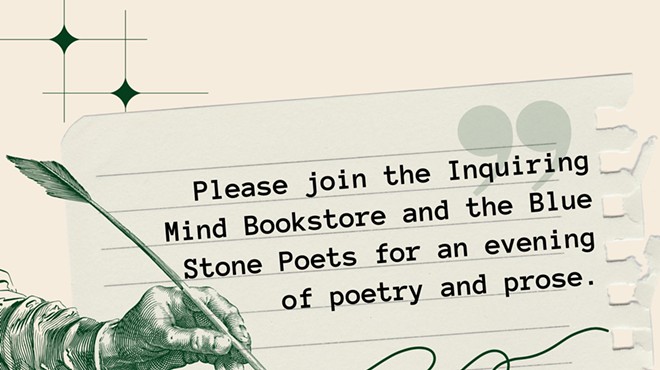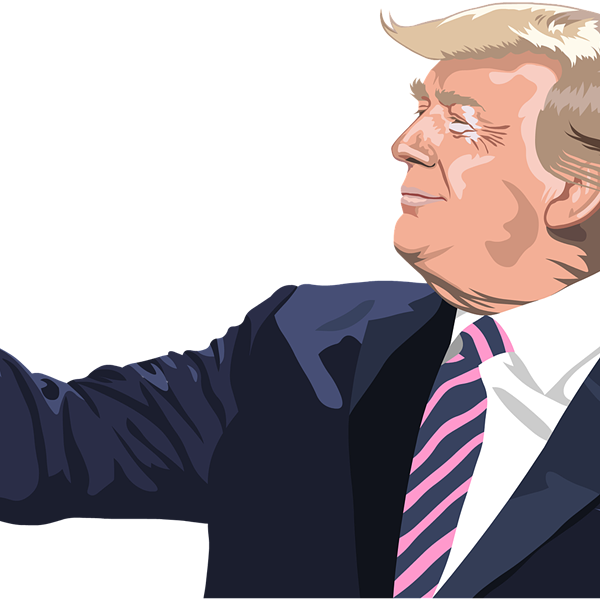What is civilization?
Is it doing business? Exxon, Microsoft, Goldman Sachs?
Or is it the rule of law, social order, clean water, sewers and waste disposal, a reliable food supply, literacy, mathematics, science and technology, art, architecture, public spaces and public forums?
Capitalist theology posits that an unrestricted free market will automatically, necessarily, and magically give rise to the best possible outcomes—in all aspects of society. Virtually anything the government does—taxation, regulation, tariffs, and, worst of all, government-run enterprises—hexes the good magic and stops the free market from leading us to social perfection!
A free market is supposed to produce more than wealth. It is supposed to create peaceful relations and moral behavior. Thus, a true believer thinks that government should not even prosecute fraud.
Alan Greenspan thought that fraud shouldn’t be the worry of regulators. If somebody committed fraud in the business community, the rational workings of the market would be that people wouldn’t do business with that person, and therefore they would die on the vine. And so the free market self-corrects and takes care of fraudulent actors.
—Michael Greenberger, director, Division of Trading and Markets, Commodities Futures Trading Commission on PBS’s “Frontline”
The inherent problem with the social sciences, as opposed to the physical sciences, is that it is difficult it is to do experiments, especially real world experiments. But, in 2003, such an experiment—an attempt to create a free-market utopia—was actually undertaken. After the invasion of Iraq, control was given to the Coalition Provisional Authority (CPA), run by Paul Bremer III.
The CPA set out the following conditions:
Taxes were set at a flat rate of 15% (down from 40% on corporate profits).
Foreign investment was to have no restrictions and foreign investors would be allowed to take all their profits out of the country.
Tariffs, customs duties, import taxes, and licensing fees were abolished.
State-run companies would be privatized.
When looters broke into factories, businesses, schools, power plants, and museums, US forces—the only source of law and order—stood aside and let it happen. Bremer, the people who worked under him, and his bosses in Washington apparently believed that this was “creative destruction,” one of the most wonderful forces of the free market, a thing that clears away the old and the worn to make room for the fresh and innovative. Donald Rumsfeld said, “Free people are free to make mistakes and commit crimes and do bad things.”
In addition, the CPA took over Iraq’s oil revenue, tax revenue, frozen foreign bank accounts, and any of Saddam Hussein’s money that it could find—about $21 billion—and spent it without any supervision, regulation, or accounting.
The free market was unleashed. A peaceful, prosperous paradise on the Tigris and Euphrates should have sprung up, and yet it did not.
As of 2009, according to the Brookings Institute Iraq Index:
Only 20% of the population had access to sewer services
Only 45% had potable water, only 30% had access to health services
Only 45% had trash removal
Only 50% had adequate housing
Unemployment is between 28-40%
The number of doctors in Iraq before the war was 34,000. Now there are 16,000.
Any free-market true believer will be quick to say “there were other factors,” and “This was not a true test,” in the same way that Marxists used to say that the Soviet Union, the Eastern bloc, Communist China, and North Korea were not real communist states. Their errors and crimes were not products of the “idea.” They were the result of insufficient purity. Yet they always happened.
Likewise, in the real world, an unleashed free market guarantees excesses, periodic crashes, and, without nonmarket intervention, chaos.
Neither one produces the best possible “real world” level of civilization. Neither one even produces the best economic results.
We need to understand what markets do well, and what they do not.
Markets are great for producing objects and commodities. And they are great for generating lots of money.
That money can then be taxed—by government, by religion, and by custom (that is, by donation)—and it is the taxed money that produces education, literacy, public health, public order, justice, the infrastructure that businesses use to do business, philosophy, and science.
Personally, I hate paying taxes as much as anyone else. It’s up there with paying health insurance premiums. I do all I can to avoid them. But I like getting around by car, and I need roads to drive on. I want my children educated and everyone else’s, too. This is only possible with public schools, which, in my experience, are superior to private schools. There are public expenses I think are wasteful, ridiculous, and stupid, like the wars in Iraq and Afghanistan.
But the debate over taxes has swung so far to the Right that there is no Left left. Worse, there is no realism left. This distorts both our public policy and our economy.
Here’s the bottom line: Free markets do not create civilization, they only create wealth. Wealth creates the opportunity for civilization, because wealth can be taxed and spent on the public interest. Taxes, well spent, create the possibility of even more wealth creation, and taxes, wisely spent, create civilization.

















